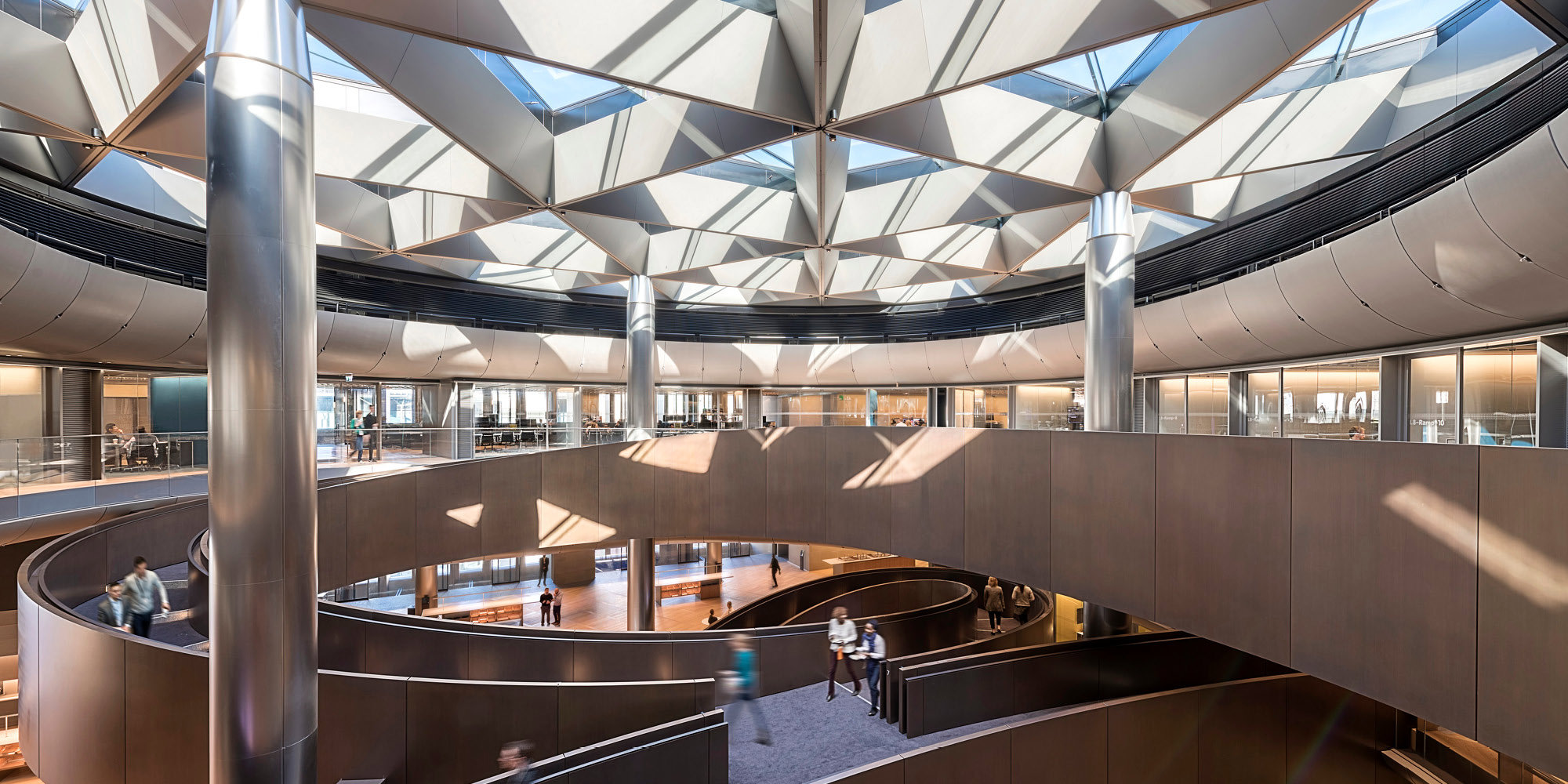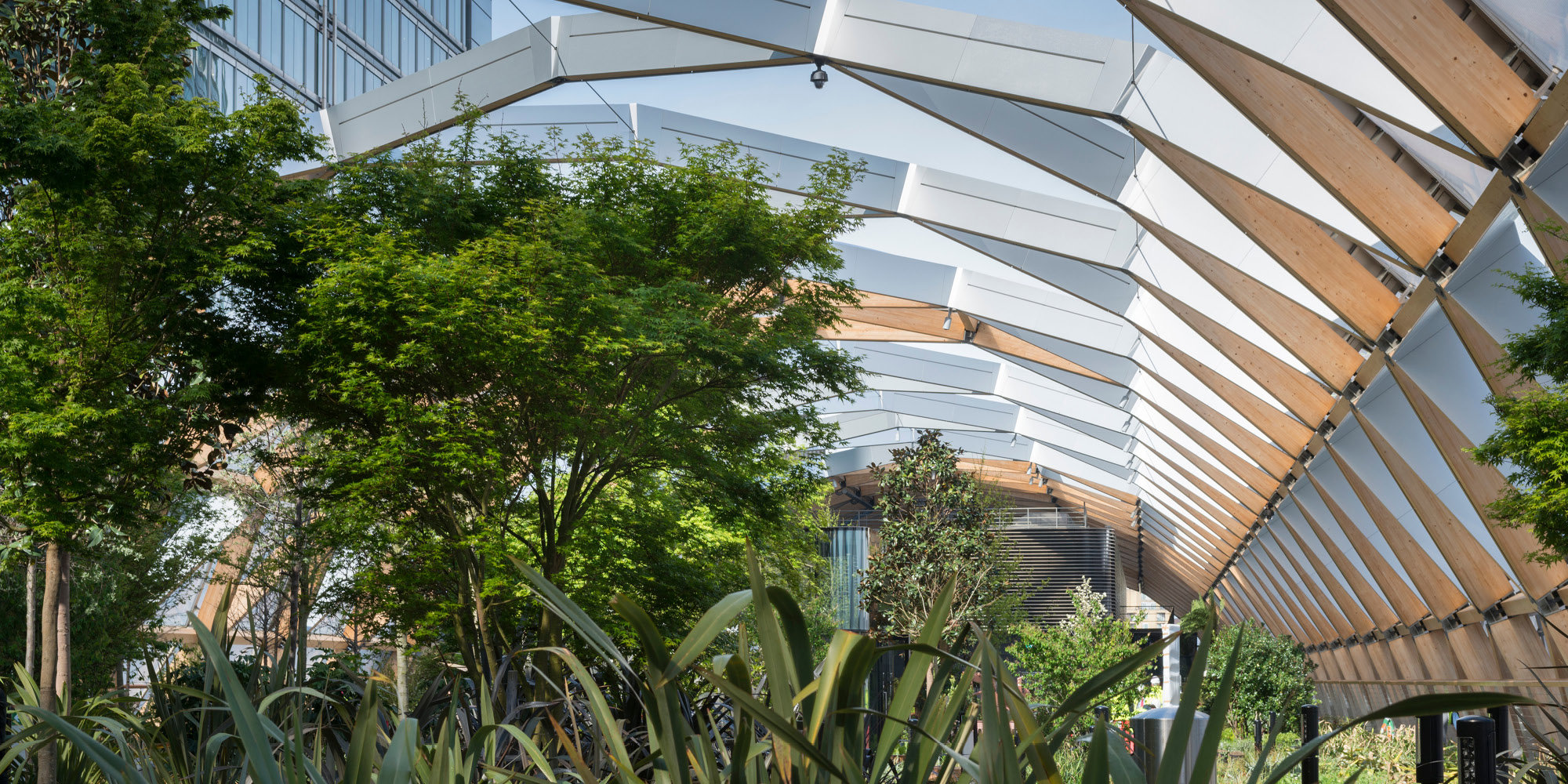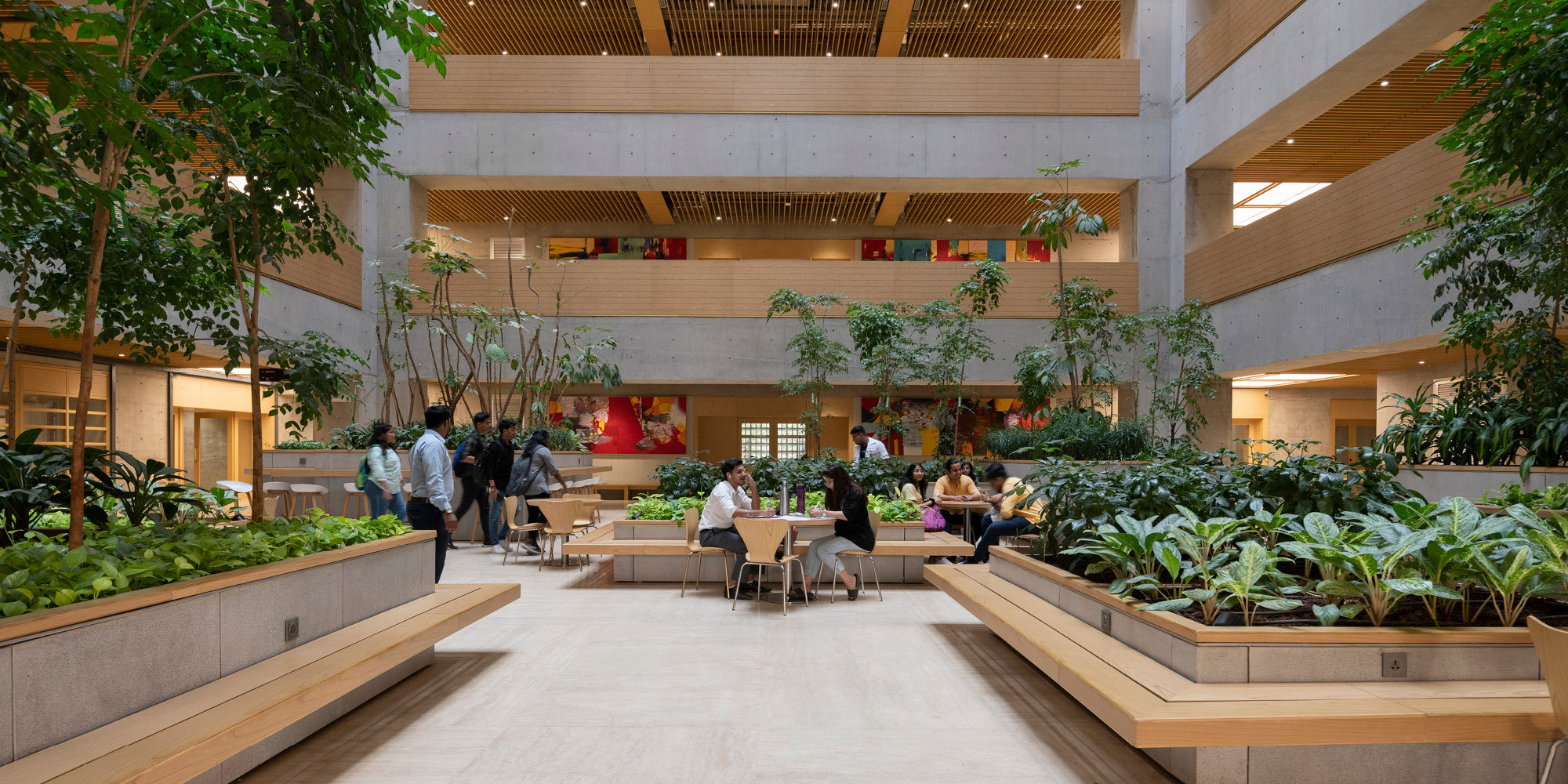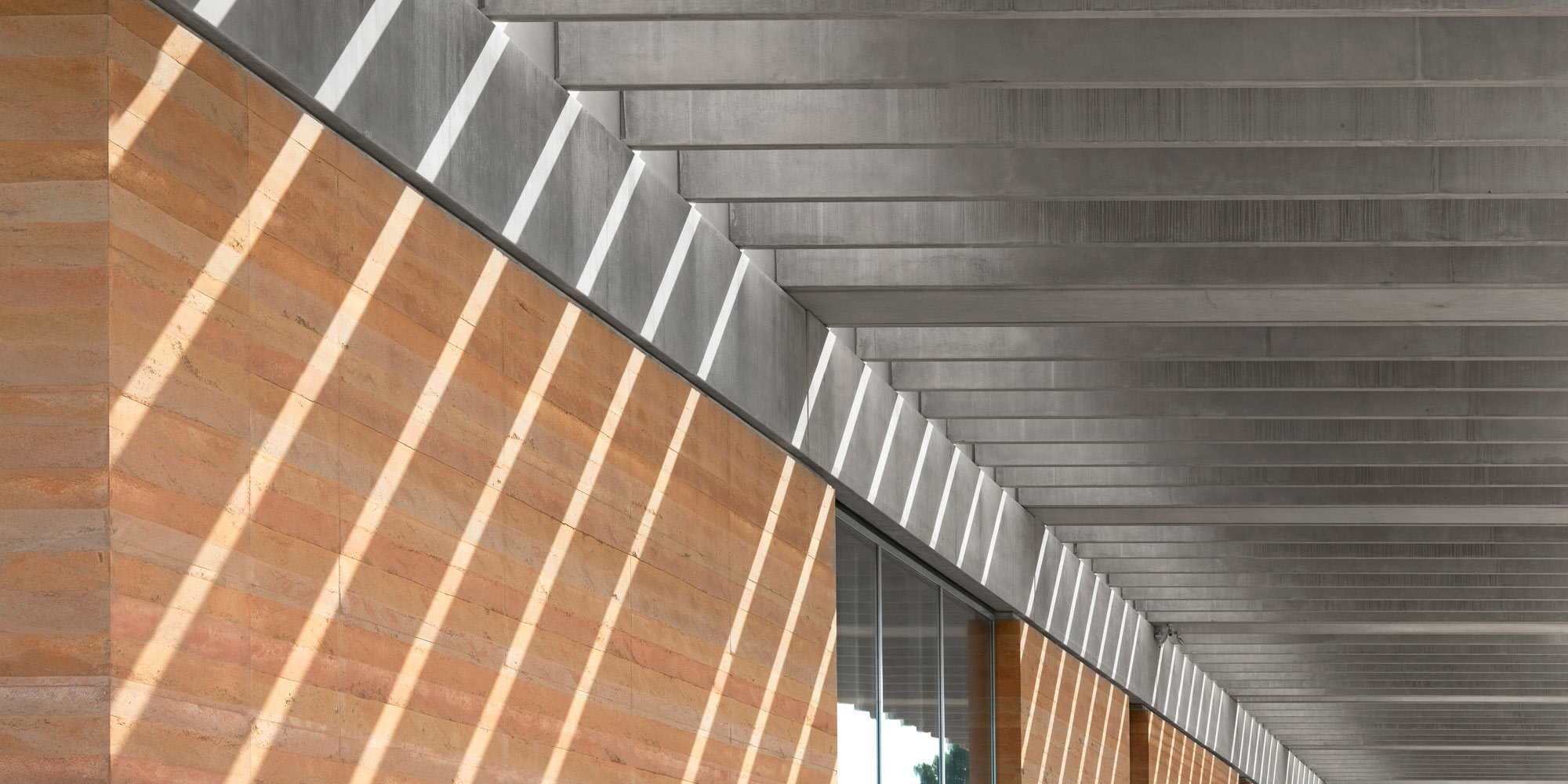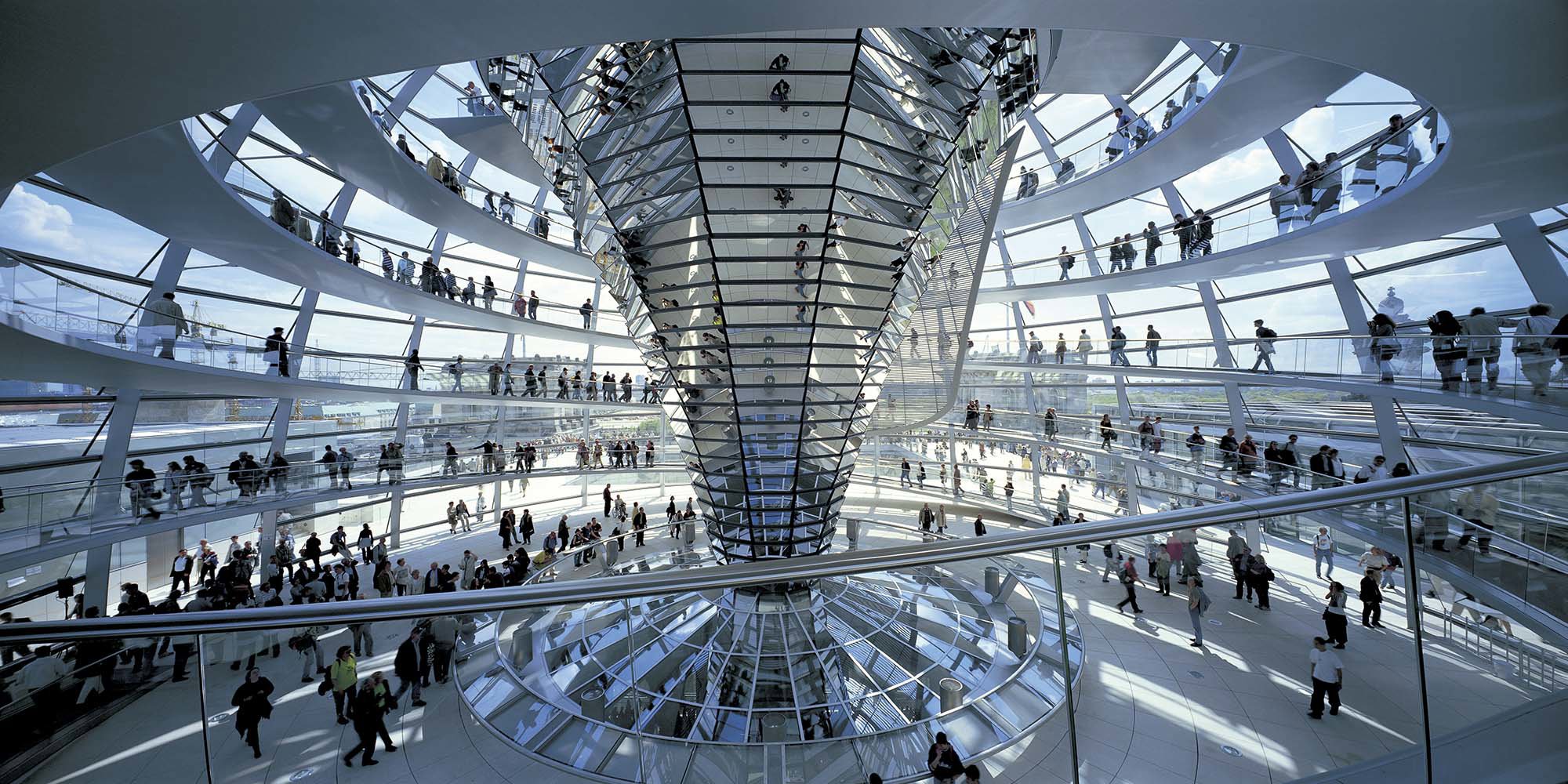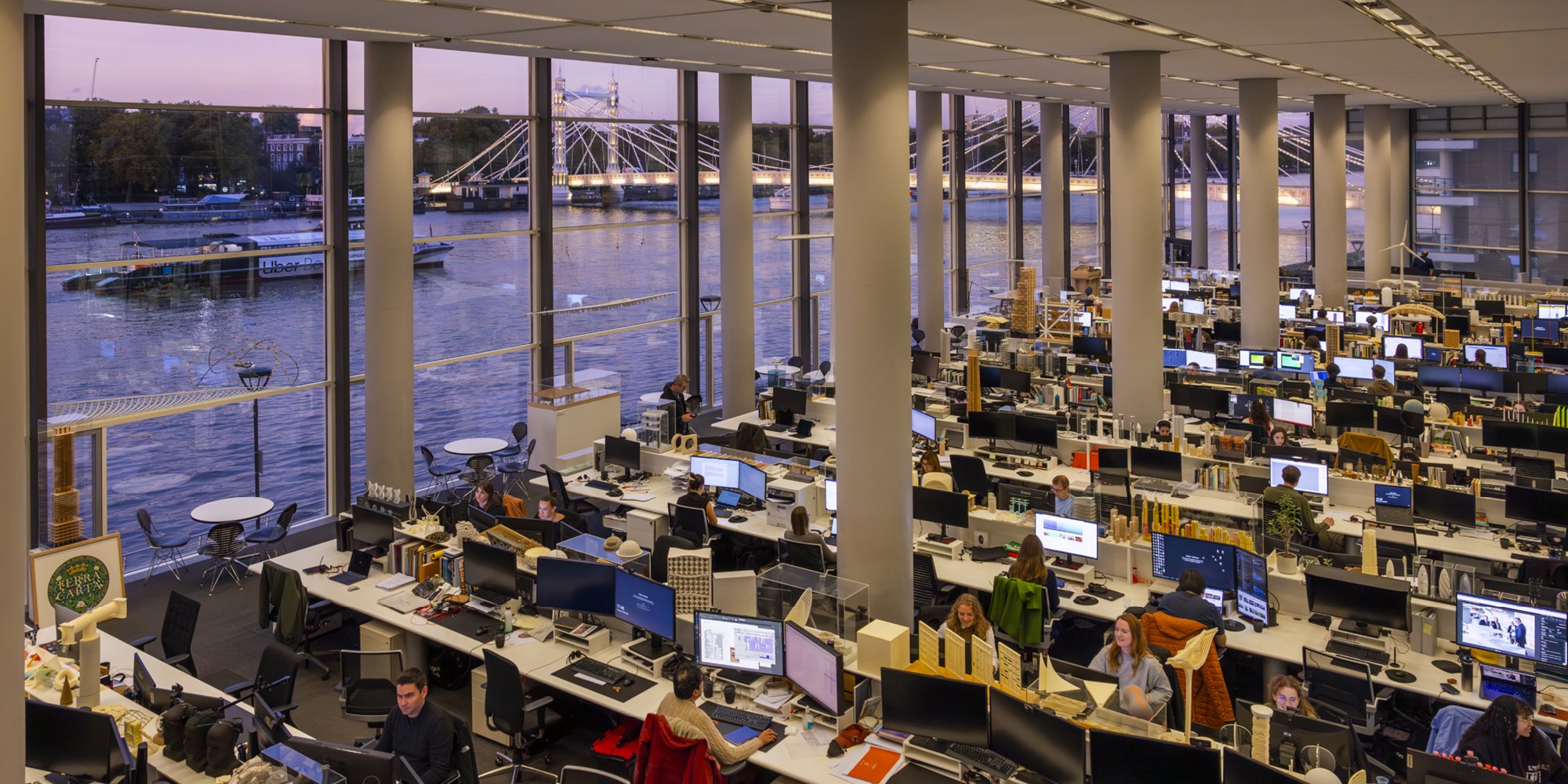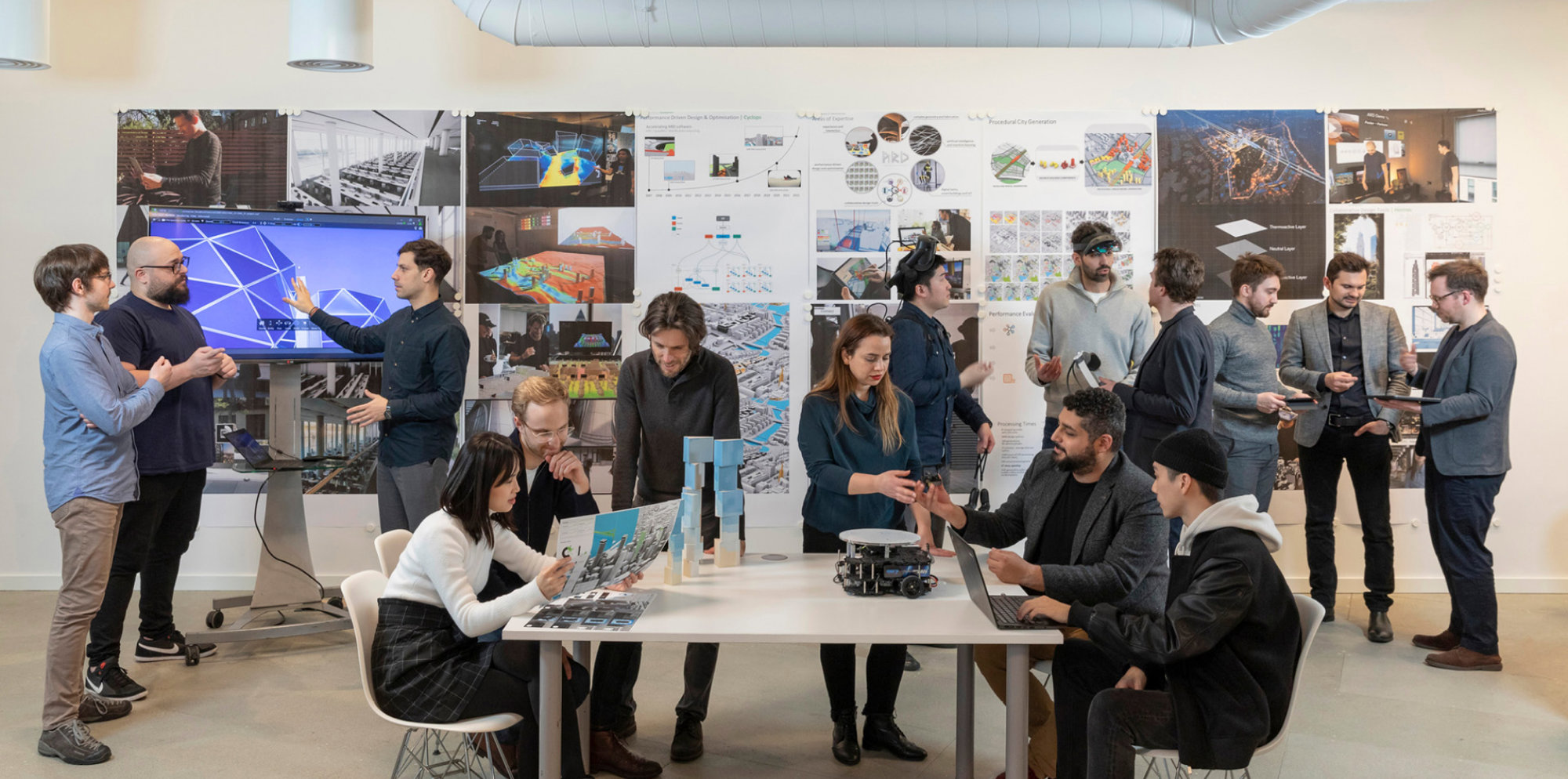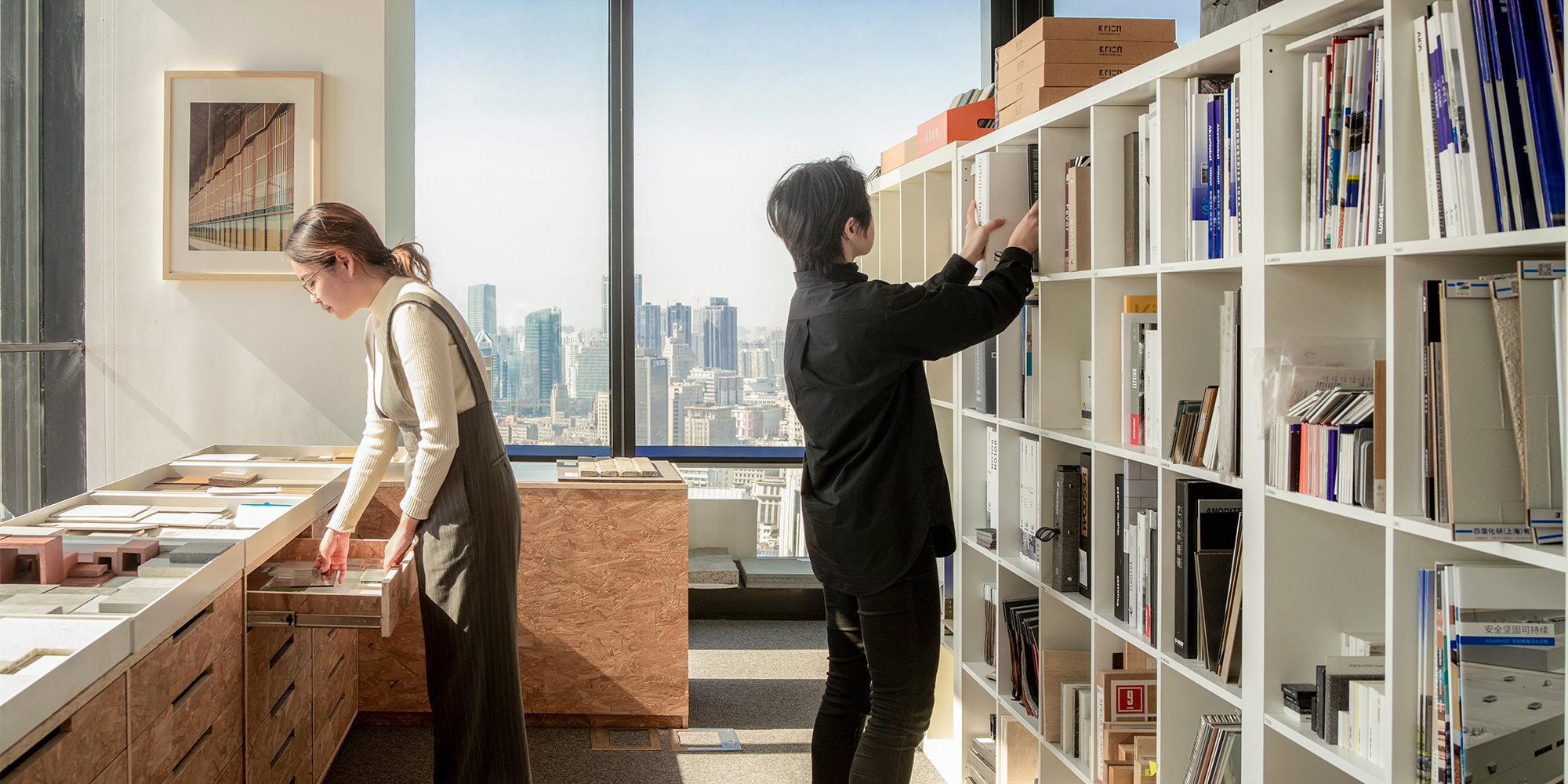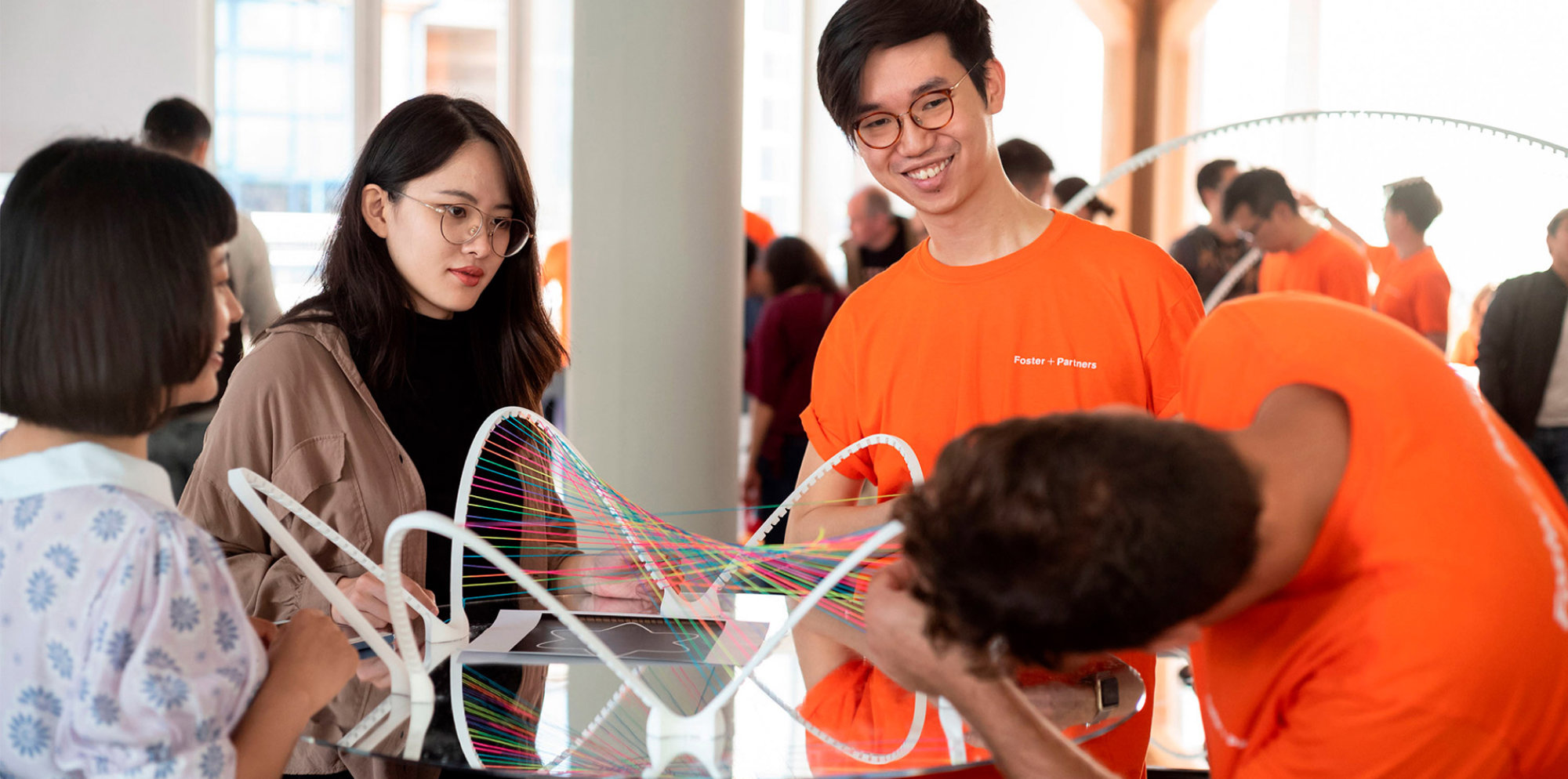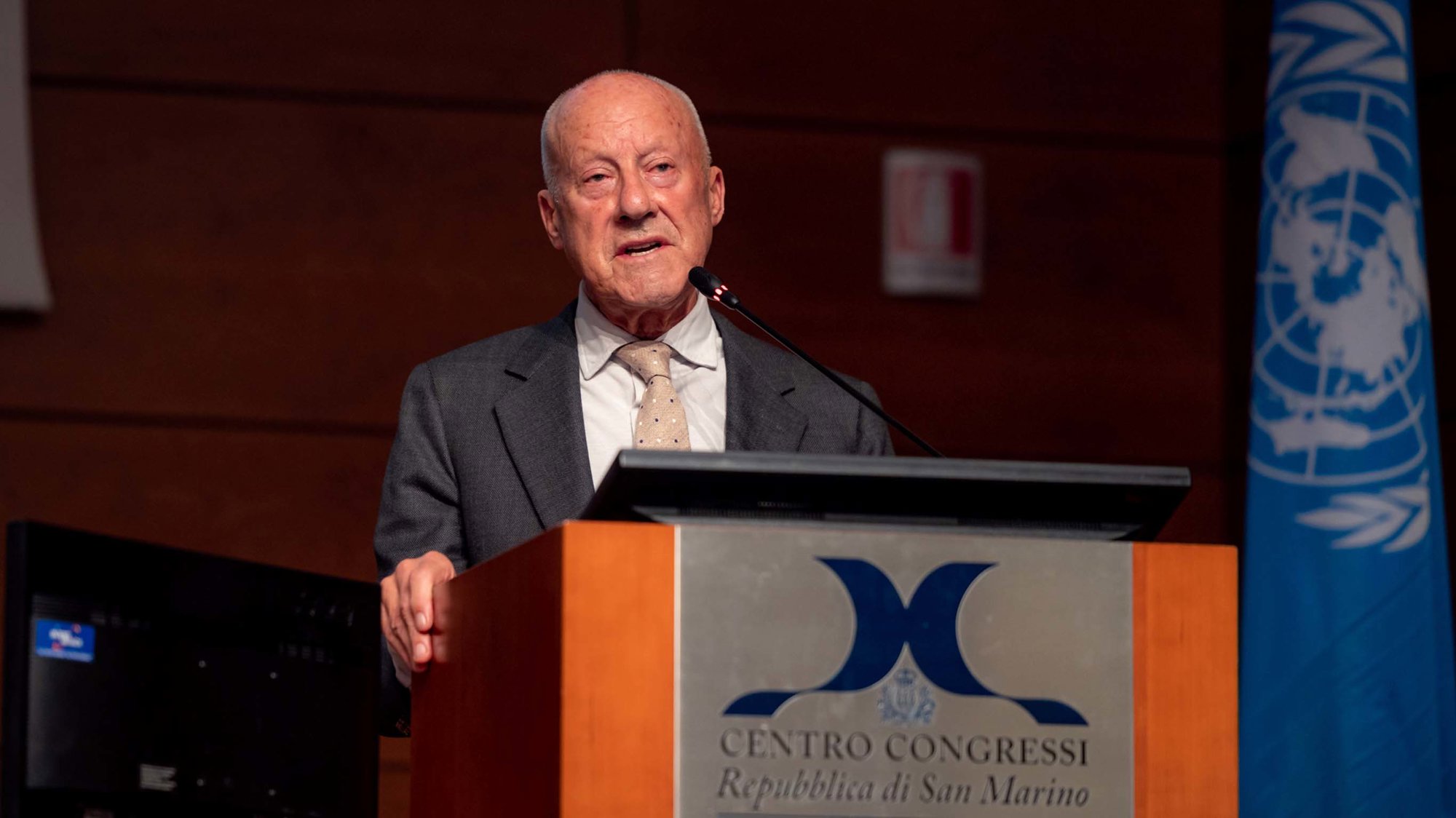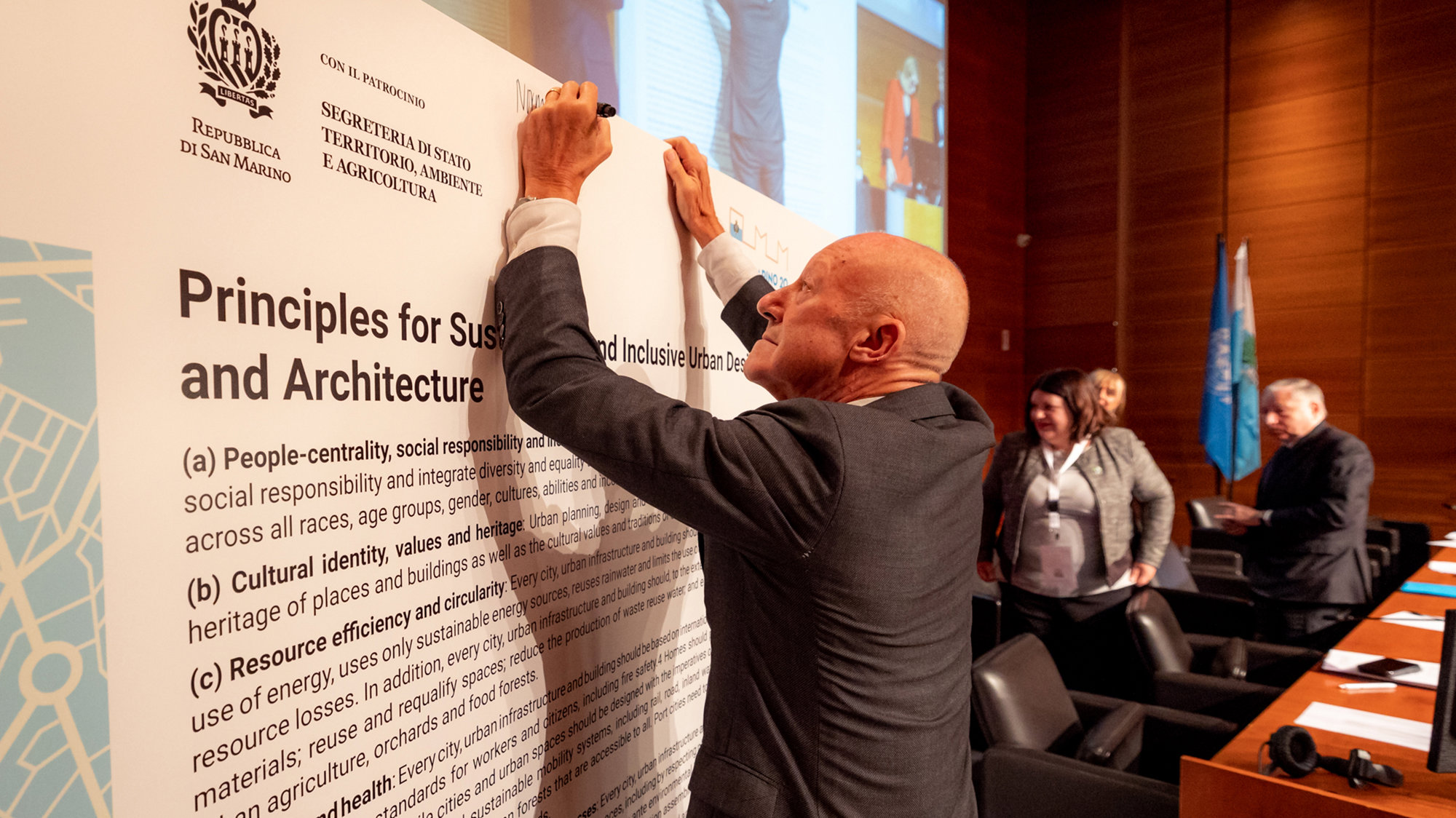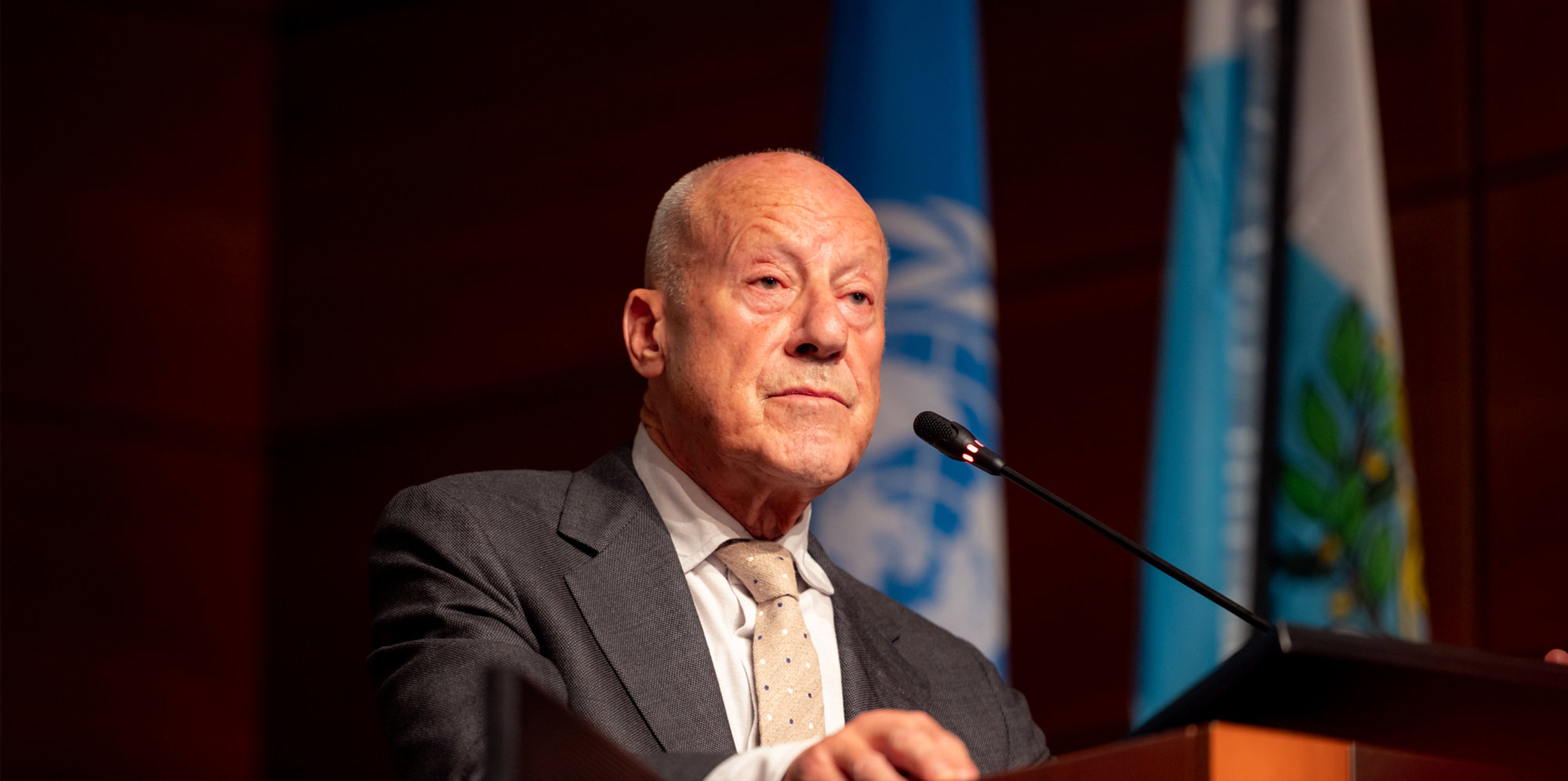Norman Foster attended the 83rd session of the United Nations Economic Commission for Europe (UNECE) Committee on Urban Development, Housing and Land Management, in San Marino, to launch the San Marino Declaration.
Norman Foster, Founder and Executive Chairman of Foster + Partners and President of the Norman Foster Foundation, said: “In this time of crisis, we can find great hope in the bold action being taken to make cities worldwide climate-neutral, safer, more inclusive and resilient. Yet, with the magnitude and urgency of the challenges before us, urbanists, architects, engineers and designers - along with other key shapers of our cities such as civic leaders, managers and developers - have a unique duty to drive forward transformational changes at the scale required. I call on all to harness their creativity and expertise with a commitment to put the Principles of the San Marino Declaration, prepared by the United Nations, into action.”
The Declaration adopted by governments puts forward a set of “Principles for Sustainable and Inclusive Urban Design and Architecture” negotiated under the auspices of the United Nations and grounded in the comprehensive vision of the Sustainable Development Goals. These Principles were launched and symbolically signed by leading architects and urbanists, together with the Orders of Architects of San Marino, and Rimini and Pesaro in Italy.
The Declaration sets out the goal for every city, urban infrastructure and building to be designed in line with the set of integrated and indivisible Principles, aiming to ensure:
People-centrality, social responsibility and inclusivity, by fostering and support social responsibility and integrate diversity and equality through due consideration of the needs of all individuals and households.
Respect for cultural identity, values and heritage of places, buildings and communities.
Resource efficiency and circularity to limit energy and resource use and, to the extent possible: use recycled materials; reuse and requalify spaces; use rainwater and reduce wastewater generation; and encourage food production through urban agriculture, orchards and food forests.
Safety and health, adhering to internationally recognised quality standards; providing safe and sustainable mobility and transport systems, including rail, road, inland waterways and for ports, as well as ensuring accessible walking and meeting spaces, green areas and forests.
Respect for nature and natural systems and processes through design that respects plants, animals, and other organisms, and natural habitats. This implies conducting ex-ante environmental impact assessments, allowing spaces for biodiversity, using natural materials and low impact production, assembling and dismantling processes.
Climate neutrality through urban design and requalification, adopting creative solutions that reduce pollution and energy use, phase out unsustainable mobility systems, and integrate green energy generation systems in city designs and buildings.
People-smartness, harnessing new technologies and connectivity to improve liveability for all, including the most socially disadvantaged groups, to bolster transparency and curb corruption.
Resilience, durability, functionality and foresight, to strengthen disaster resilience, especially in the context of climate change; and to make buildings and infrastructure durable and flexible by incorporating spatial adaptability to accommodate new conditions and usages over time.
Affordability and accessibility for all citizens.
Inter-disciplinary cooperation and networking to foster cohabitation, community involvement, solidarity and social cohesion, taking into account citizens’ diverse needs.
Engagement, through consultation with and participation of local communities and stakeholders, to foster trust, ensure needs-responsiveness, and consolidate shared ownership of the city’s future.
